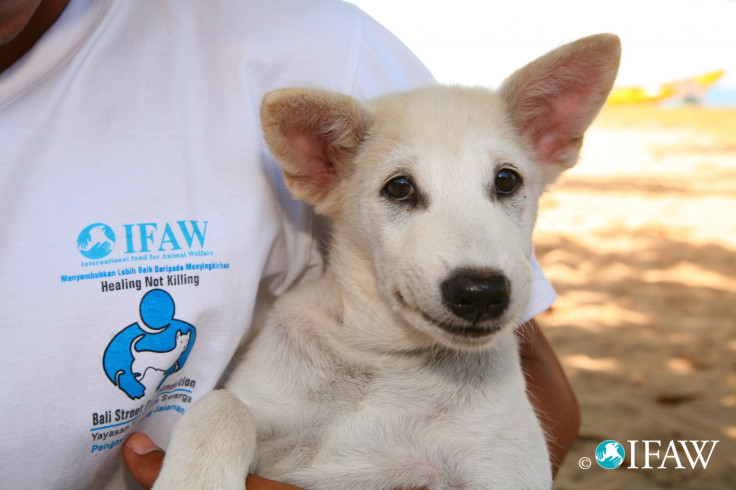Business-for-good: a profitable startup trend?
Sheryl Joyce, founder of Pet Pardon, is about to launch a wonderfully innovative new app set to disrupt the way we acquire pets and solve the overcrowded animal shelter crisis.

Working with a lot of publicly listed resource companies in the early 2000s meant (among many things) writing press releases about mining activities in remote parts of the world. I also had to deal with investors, who for the most part were solely interested in the company's valuation as opposed to the environmental or societal impact.
As times changed, so did reporting requirements and companies were slowly mandated to create Corporate Social Responsibility and Environmental, Social and Governance reports. At the same time, there was a small group of 'ethical' investors that emerged and companies were forced to sit up and listen. Investors and other stakeholders were now demanding that companies have a profit and purpose.
There is a paradox around profit and purpose in that there are those who believe that purpose should be at the core of what businesses do – such as Harvard Business School academics who, state it is integral to profits and growth. As opposed to others who think having a purpose can distract companies from their core activities.
But what about individuals who simply start with an idea they are passionate about and in essence are putting their purpose first? Doing so essentially drives their core activities. Which is in direct contrast to the argument cited previously.
As a result of a strong belief in tackling a core issue there has been an evolution of organisations formed on a 'business-for-good' model. A business-for-good operates differently than a typical company because profit-maximisation is not the primary reason for existing. Instead these companies exist at the intersection of the private and volunteer sectors and are founded by people seeking to support a cause and balance activities that are sustained through donations for example to buy goods or provide other services.
Since moving to the UK from Canada in 2014 I have discovered many business-for-good start-ups with a core purpose such as helping animals and the homeless – two causes near and dear to me.
Dogs On The Streets (DOTS) is a leading voluntarily run street project that 'Protects, Cares, & Supports all street dogs in London and provide dog essentials to their homeless owners living on the streets. The service that DOTS provides was very much needed and appreciated from the homeless community with dogs. As a result, awareness grew and more grass-roots initiatives recognised the need for support and donations for street dogs.
Another organisation I admire is International Fund for Animal Welfare (IFAW). IFAW help animals all around the world. 'With projects in more than 40 countries, IFAW provides hands-on assistance to animals in need, whether it's dogs and cats, wildlife and livestock, or rescuing animals in the wake of disasters.'
Animal lovers are a cohesive group and the community is strong here in the UK. For example, a campaign under the hashtag #Lucy's Law supporting adopting rather than buying puppies is trending in the UK right now.
A recent tweet by IFAW show's their support for this initiative:
Banding together can make real change. A recent article announced a public consultation on the website of the Department for the Environment, Food and Rural Affairs, where a "call for evidence" has been launched. Where all stakeholders and experts are asked to provide 'evidence' on the effect of introducing a ban on third party sales of puppies and kittens in England. You can read more about that process here.
There are many great animal organisations, and I have also been inspired to launch my own 'business-for-good' startup.
Through my active social media presence I also discovered an incredible network of animal lovers that are sharing dogs and cats at high-kill shelters on social media that are destined or are already on a 'euthanasia' list. The prevalence of eliminating – many of which, are perfectly healthy - animals is very common in the United States. After being a part of this amazing community for almost a year, I realised that there was a void in the animal care space and there was no platform that connected all of the conversations (about a specific animal) in real time.
As a result, I created Pet Pardon to raise awareness of the number of animals who are being euthanised. Using the Pet Pardon App animal lovers will be able to share the animals on 'death row' with their networks to save as many as possible from imminent death.
To-date, I have been self-funding an awareness campaign. I am currently raising funds via crowdfunding to develop the app: http://www.crowdfunder.co.uk/petpardonapp
In the meantime, please like and share our page on Facebook, and follow us on Instagram and Twitter as the only way to make change is to increase awareness.
You can also contact me directly at petpardonapp@gmail.com





















